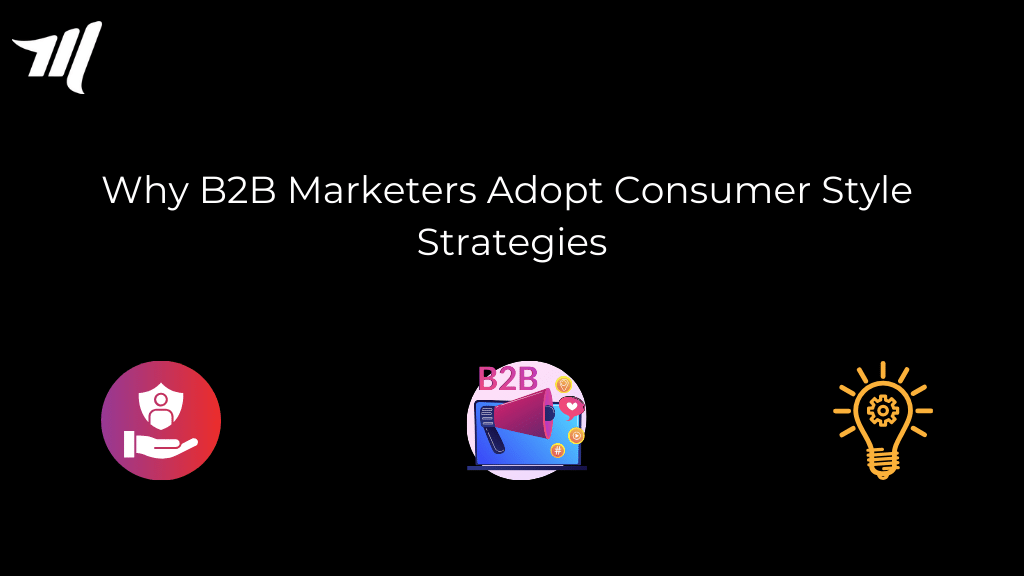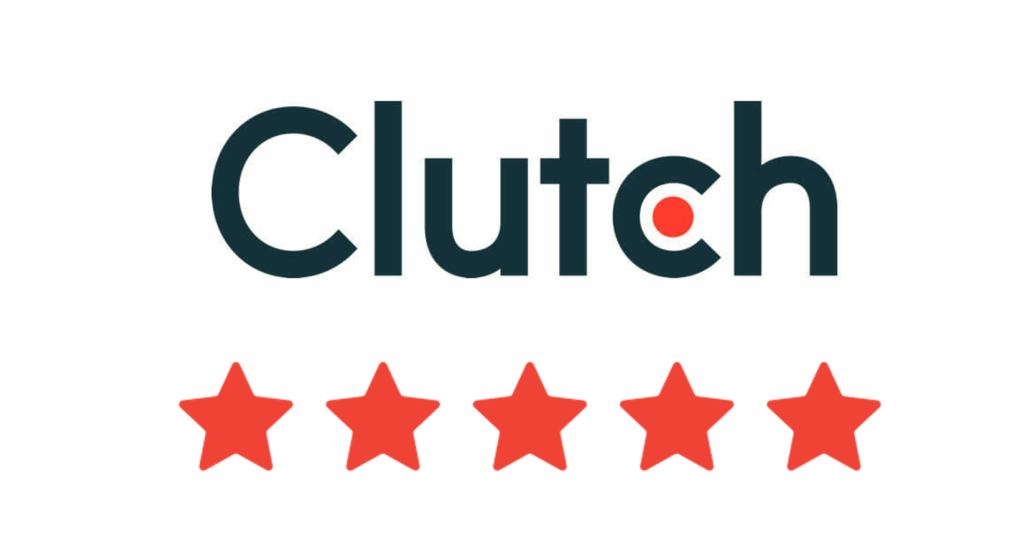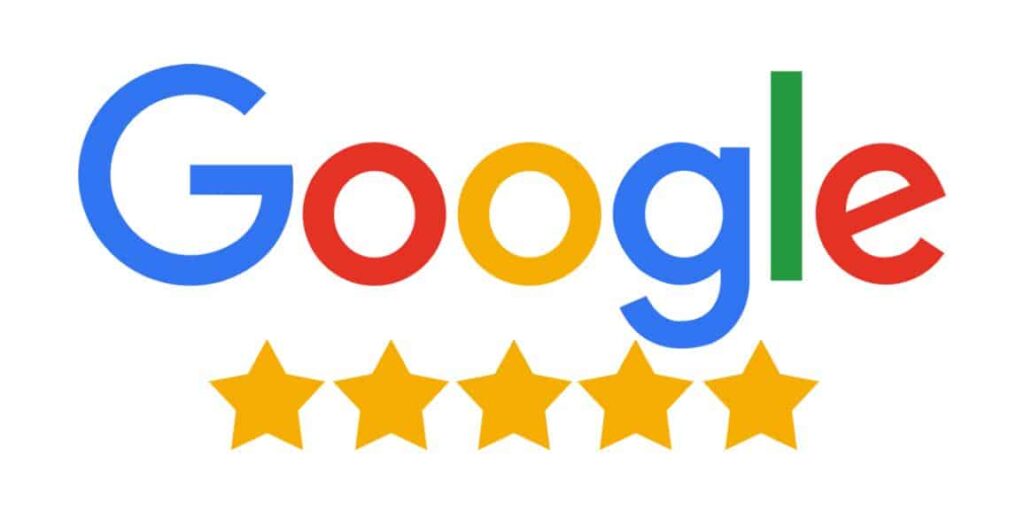If you believe you are seeing more advertisements for productivity applications or technology businesses while binge-watching your favorite shows, you are correct. According to agency executives, B2B marketers have been increasingly eager to follow in the footsteps of B2C marketers in recent years, appearing in consumer-facing areas like TikTok and streaming advertising with emotional and occasionally amusing pieces.
The marketing environment has never been more fragmented. Business brands, like consumer brands, strive to differentiate themselves in a crowded and competitive market.
“All of those things were being done by the finest B2C businesses, but it hadn’t spread to B2B. There was a perception that B2B simply operated differently,” said Jared Gruner, head of strategy at Ogilvy California, later adding, “I’m B2B, but I’m not only competing with other enterprise software firms. I am competing with your vacation, with politics, and with your pals.
The distinction between corporate and consumer marketing is starting to dissolve. In response, agency executives say they’re asking B2B marketers to rework the playbook to include a more complete media mix and strengthen the brand ethos or narrative through storytelling, such as investing more in brand awareness initiatives on TikTok or streaming commercials.
Workday, a work-related business software firm, launched a worldwide campaign with funny television advertisements featuring Gwen Stefani, Travis Barker, and Billy Idol at The Masters last week. Following Workday’s appearance in the 2023 Super Bowl last year, enthusiasm is building. Last month, Digiday revealed that more B2B marketers were investing in influencer campaigns. Meanwhile, Notion, a productivity software, has been doing it since 2022, when it launched a global out-of-home campaign.
According to Leslie Lee, senior vice president of marketing at Vistar Media, an out-of-home media business, B2B marketers are also more ready to be flexible in their language, shifting away from corporate talk and product promotion and towards emotive messaging. She noted that in recent years, there has been an increase in the amount of money B2B advertisers are ready to spend on programmatic out-of-home advertising to better reach decision-makers wherever they are.
Ed East, co-founder and worldwide CEO of Billion Dollar Boy influencer marketing agency, stated that the company is receiving increasing questions about B2B influencer marketing. “What we’ve been trying to do is develop creative approaches where you can integrate B2B messaging into B2C content creators’ videos,” he told me. “The content has been so corporate in the past now [B2B marketers are] trying to think about ways to cut through.”
Greg Tedesco, EVP of Zeno Digital Experience (ZDX), has a similar story: he coaches B2B customers on how to use mainstream consumer-facing channels like TikTok and streaming advertisements to target decision-makers on and off the clock.
“Honestly, a lot of what we’re doing is appealing to these folks as people and not just their title on LinkedIn,” he told me. “These different channels can be channels for reach and awareness and conversions even, and I think we’re going to see it continue.”
Leveraging B2C methods is not a new occurrence for B2B marketers; nevertheless, because the sector has a longer lead cycle, finding ways to ensure brand relevance beyond the typical sales presentation is becoming increasingly vital.
“Those brands intuitively knew they had, if not the permission than the requirement, to do stuff that their audience was going to pay attention to,” Gruner told me. “These are universal rules that all brands should follow. I just think B2B has been slow—they seemed unusual, unique, or exceptional. Now we know that is not the case.
Source- Digiday





